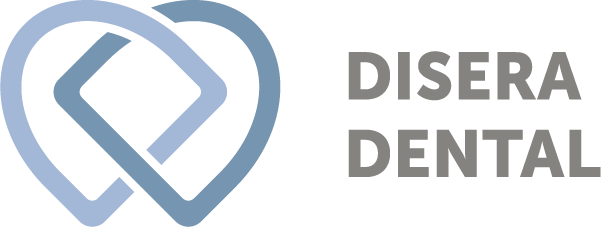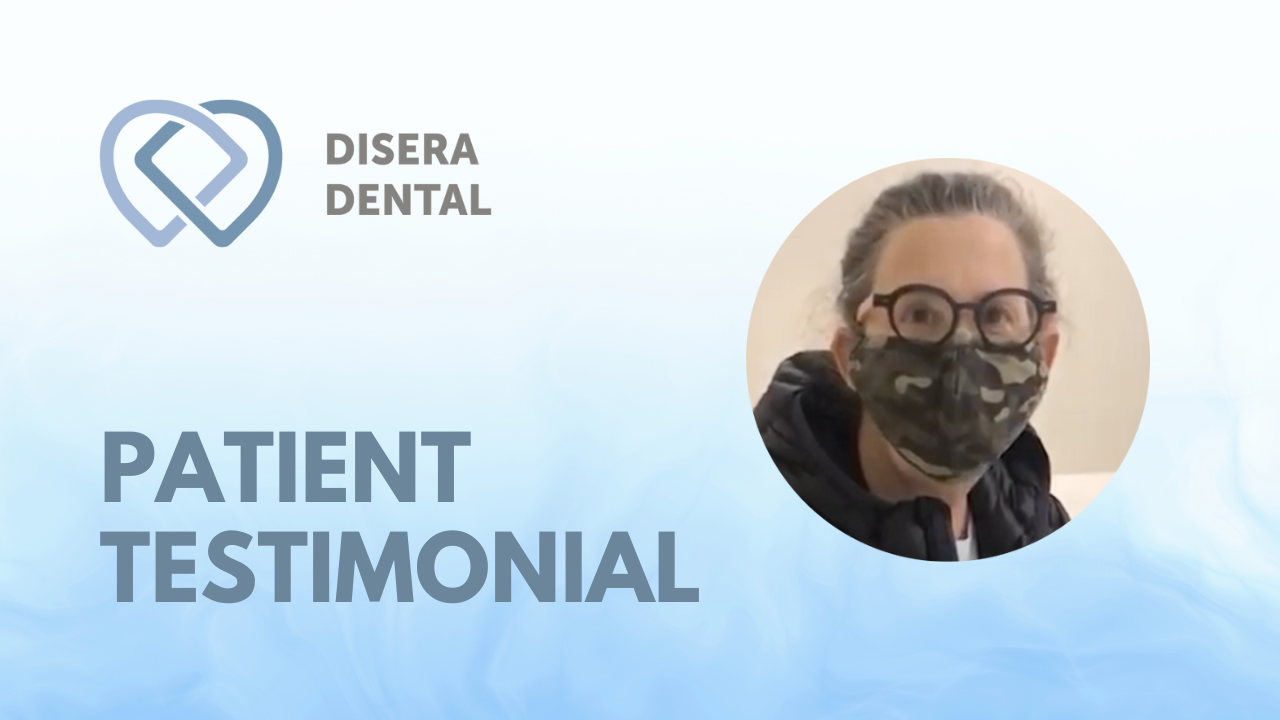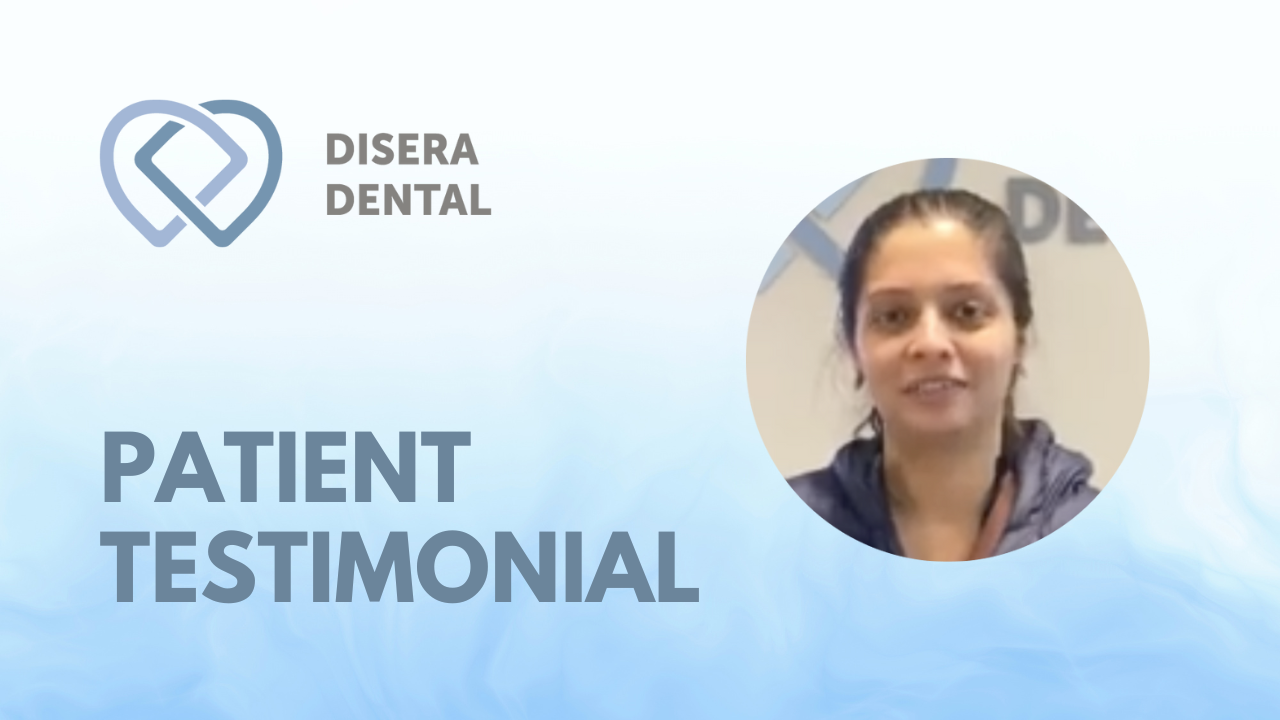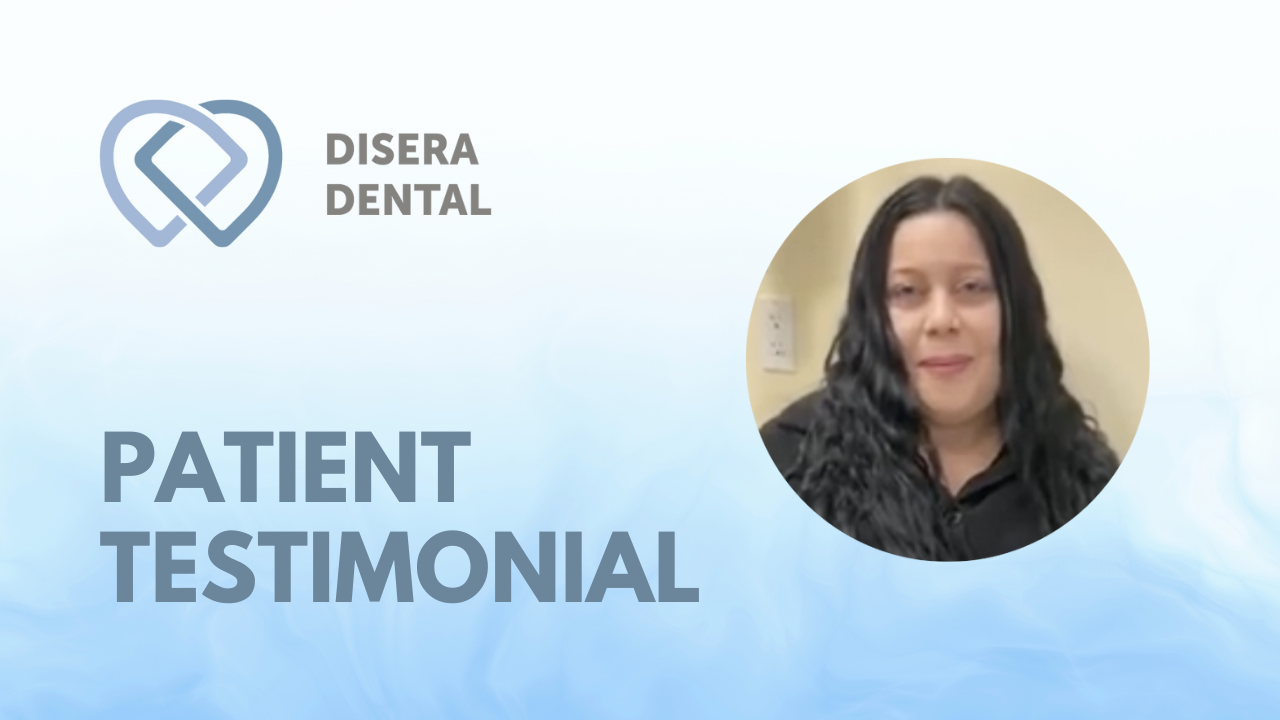
Take care of your teeth and gums
Having routine teeth cleaning and a checkup is one of the most critical steps you can take to preserve your oral health including not just your teeth but your gums and the rest of your mouth-- inside and out. Cleaning removes plaque, tartar and bacteria that cause decay, gum disease and chronic bad breath. A hygienist is able to get into areas that aren’t easy to reach with routine brushing and flossing at home. A thorough cleaning and exam give the hygienist and dentist the perfect opportunity to monitor your oral health and spot problems that can be resolved or avoided altogether before they become painful and expensive.
Plus, regular teeth cleaning can help your teeth look whiter and brighter naturally, without the need for bleaching treatments.
- Eliminates plaque, a sticky substance containing bacteria that eats away your enamel.
- Removes tartar build-up, plaque that has hardened and could lead to gum disease.
- Gets rid of coffee, tea or other stains on your teeth.
- Check for receding gums, chipped or broken teeth and other signs of disease and infection.
What happens during a teeth cleaning?
Gum Health
Super important and often under-appreciated. Your gums support your teeth and frame your smile. We will take a close look at your tongue, gums, teeth and all other areas of your mouth with a special focus on the gum line to ensure your entire mouth is as healthy as can be without any sign of inflammation or impending gum disease. We promise not to be too hard on you about your flossing habits.
Plaque & Tartar Removal
Plaque is a soft, sticky film that builds up on your teeth. If it is not routinely cleaned away with thorough brushing, flossing and a professional touch it can harden into tartar deposits. Tartar is usually darker in colour and often found in tricky to clean places like the gumline. A hygienist has the tools and know-how to carefully scale away stuck-on plaque and tartar from hard-to-reach places. With all that out of the way, finally we can polish your teeth to remove stains and leave your teeth gleaming.
Dentist Exam
After your teeth are cleaned is the perfect time to have a dentist examine them. Your dentist will check out your chart and x-rays and zero in on those problem areas or troubling patterns. The dentist might recommend further treatment or give you tips and advice on how to slow or reverse tooth decay, inflammation or gum disease. We would be happy to answer any questions you have or to hear about any discomfort, sensitivity, or dental pain you’ve experienced.
Cost of a Cleaning and Checkup
Routine checkups and cleanings are such a great way to prevent and avoid dental problems that most insurance companies will nearly completely cover them on a routine basis. Usually every 6 months. If you are without dental insurance, you can expect to pay anywhere from $120 to $300 and up, especially if it is your first visit or first cleaning in a long time.
When we determine the actual cost of your treatment, we refer to a few important factors:
- Your current oral health.
- Whether or not any new x-rays are required.
- The amount of time required by the dental team to meet your specific needs.
- The equipment and supplies that will be needed to serve all your needs.
These routine appointments are especially important to us, as we see them as the most effective way to prevent more invasive treatments, prevent serious dental pain and keep you as happy and healthy as possible.
Contact us today
to schedule an initial consultation & exam.
Your consultation will include an examination of everything from your teeth, gums and soft tissues to the shape and condition of your bite. Generally, we want to see how your whole mouth looks and functions. Before we plan your treatment we want to know everything about the health and aesthetic of your smile, and, most importantly, what you want to achieve so we can help you get there.









